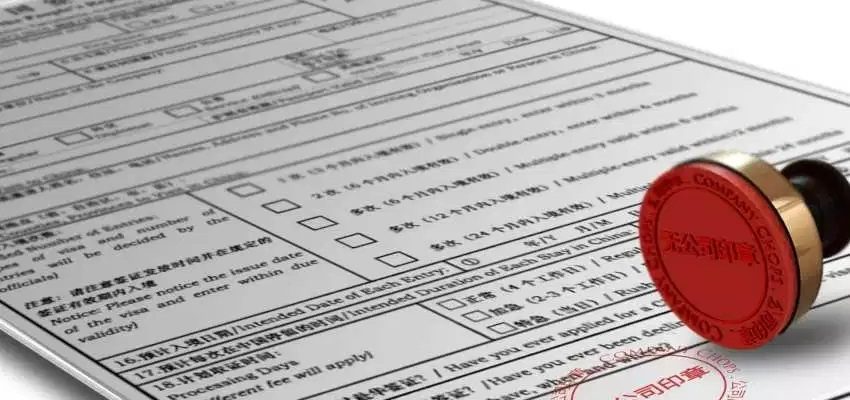After successfully setting up a Hong Kong company, the new owner will get a company chop. But what exactly do you do with the chop? Can’t you simply sign corporate contracts with a person’s signature?
The interest background of corporate chops – What can you do with the chop? And why?
Hong Kong companies do get issued with a chop. So what’s the exact use or proper use of the chop?
A company chop is the stamp of a company and is usually made in rubber.It is an item which is unique to Hong Kong and a select few other jurisdictions. The use of the word “chop” actually originates from colonial Indian English.
For a Hong Kong registered company, the chop functions as a hybrid between the Western and Chinese systems, and is the corporate equivalent of a signature. The chop is widely used in business and commerce, however for HK companies there isn’t any requirement to use it. In fact, anything you do with a chop, you can get it done with a signature. When speaking legally, a chop is never needed for valid execution of any document.
Hong Kong is much more international than China in a few ways andstill uses many British laws that were established in the old days. The law does not strictly control who must sign a company document.The courts usually will look into the intent of the parties who signed the contract, but not the formality.
Additional tips about corporate chops – Mainland China vs. Hong Kong companies
However for Mainland China firms, the use of the chop is far more important and powerful. The Mainland China courts are much more concerned about formality than intent. Company chops must be registered with the government.The chop is powerful because whoever physically has the chop in possession can actuallyuse the chop to“sign” legal documents on behalf of the company with other parties or entities.
There is another reason more concerning with politics for why the chops are so much more important in China than in Hong Kong. Courts sometimes can be relatively weak when they deal with some specific cases involving state owned business. The rule is that whoever physically holds the chop has the power settle the issues outsidethe court. Without the chop, it would be difficult to decide who in the company has the power to sign when staffs deal withcomplicated political issues that no one wants to deal with.

